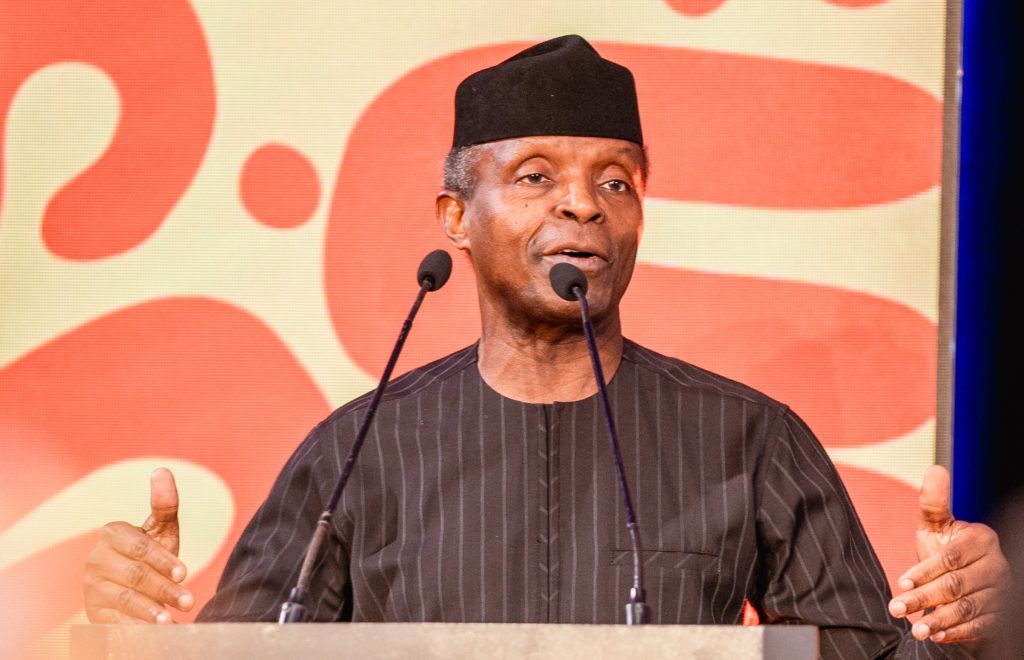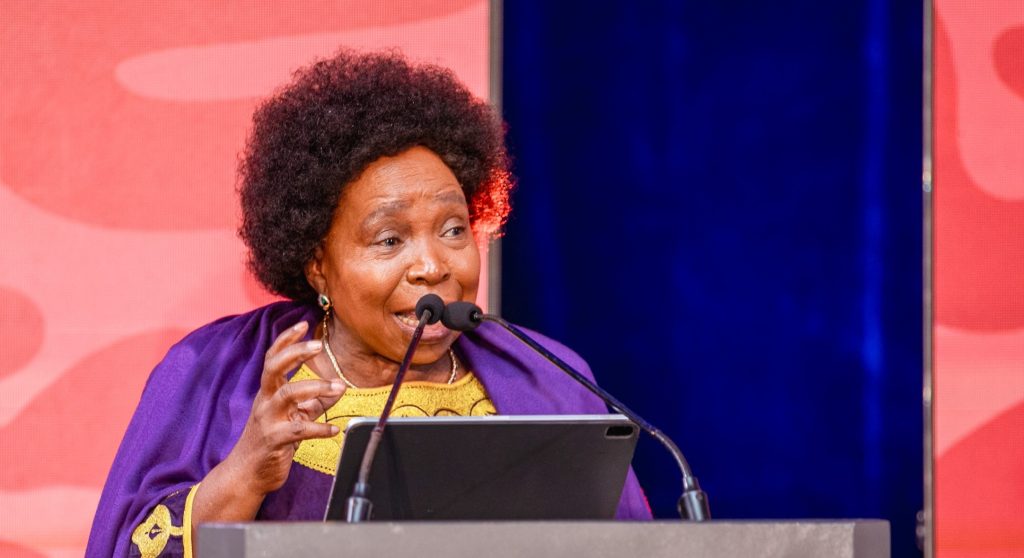By Eric Appah Marfo
Accra, July 21, GNA—Mr Yemi Osinbajo, a former Vice President of Nigeria, says Africa must create an environment that rewards the talents of its people to prevent movement of African labour to other continents.
“Labour is always going to find the place where it is best rewarded. Anywhere in the world, wherever labour is best rewarded, that’s where it’ll go. That’s why there are lots of movements all across the world. It’s, therefore, best for Africa to create the environment for rewarding talent.”
“Integrate trade, digital transaction and work together to build a resilient, rich, prosperous economy and then people will stay and people will come from everywhere in the world to Africa. There’s no other solution,” he said.
He gave the advice on Saturday at this year’s BOMA of Africa event in Accra.

The event is a joint initiative by AUDA-NEPAD and AfroChampions, which showcases Africa’s progress towards the ambitious Agenda 2063.
It offers a unique chance to engage with leaders shaping Africa’s future and report on groundbreaking developments in the continent’s journey towards unity and progress.
This year’s edition is themed: “From the Africa We Want to the Africa We Build”.
The former Vice President urged African countries to collaborate, work together for intra-African trade by building infra-African infrastructure that connected them both digitally and physically.
Touting some of Africa’s accomplishments, he said at the level of intra-African trade, as much as 41 per cent of Africa’s machinery exports were traded within the continent.
Mr Osinbajo also said 35 per cent of biopharmaceutical products and 30 per cent of industrial chemicals were already being traded as a measure of intra-African trade.
He said Africa alone had the biodiversity reserves and the scale of natural capital to reverse centuries of ecological erosion and the unbridled carbon-laden industrialisation of yesterday.
“…during the pandemic, Africa, through the collaboration of Panavirus and the Africa CDC, brokered by AfroChampions, built and deployed the world’s first vaccine passport.
“The Panavirus platform digitally connected labs and hospital facilities, as well as pathogen genomic centres in 20 countries of Africa,” he added.
Mr Osinbajo said according to experts, as much as one quarter of the planet’s workforce was likely to be of African origin and of the youthful workforce in particular, as much as 42 per cent may be in Africa by 2050.
“An energetic pool of youthful talent fortified with fast-advancing artificial intelligence and the geoengineering edge of a world that is desperately in need of a new economic growth paradigm is an edge that the rest of the world ignores at great risk.”
Dr Nkosazana Dlamini-Zuma, a former Chairperson of the African Union Commission, said Africans should not define themselves around colonisation and slavery but rather, remember their unique identity.
“Before we were colonised, we were a very dynamic continent and dynamic people. Even the Europeans themselves, some of them did acknowledge that Africa was a dynamic continent,” she said.

She expressed worry that Africa, with its huge youthful population, had become a supplier of labour to other parts of the world.
“If they go somewhere else, it should be out of choice, not out of desperation, as it’s happening today. But also, I always get this complaint about how difficult it is around African countries.”
“Our minds and our trajectory to 2063 cannot be determined only by investors. Otherwise, we are colonised. It must be determined by what we can do, what we want to do.”
Dr Dlamini-Zuma said the continent must also take advantage of its natural resources and utilise them to the benefit of its people.
“In Europe, I don’t know how many days of sunshine they have, but here we have at least over 300 days of sunshine. We must take advantage of that. We have our rivers, we must use them. And we are blessed with the diversity of water and oil, which we must benefit from.
“We need to build our own trains. We need to build our own cars. We need to build roads. Eventually, we should also be able to build our own lakes. Maybe not today. It’s a big elephant, one bite at a time, but we must get there.”
GNA